Stella’s seventh Town Hall Discussion was held on September 11th in Hotel Lirak, Tetovo. The event was organized in cooperation with our local rtner, Women’s Forum of Tetovo. One local television station covered the iscussion that involved around twenty women of different ages and various ethnic, religious, and educational backgrounds.
The key speakers were Merita Maksuti, a human rights, social equality, and environmental activist and Ana Vasileva, a feminist and activist for women’s rights. Merita Maksuti shared personal details of her life, from her childhood and explained what it is like to be raised in very difficult conditions of war. She spoke about the many obstacles that she faced during her education and development of her career. ‘There are various kinds of discrimination in the Macedonian society, not only on ethnic, religious or gender base, there is discrimination within these groups too’- she explained. She emphasized that it is hard to find motivation and to fight all the way to achieve your goal, but you should never give up.
Ana Vasileva talked about her experience with the Juruks, an ethnic group that lives in several villages around Shtip. As she has done a lot of research concerning this ethnic minority, she pointed out that the women and girls from this ethnic group do not have any rights like education, free choice of partner, and they are not allowed to have a career or job outside their house. ‘There is a deep systematic and cultural discrimination in the state and we are keeping them instead of breaking them,’ she pointed out. The participants shared a lot of examples where a man got the job despite the fact that for the same position many women had better qualifications, knowledge, and experience. They also gave many examples where women were dismissed from their job, or were forced to quit by the owner of the company just because they got pregnant. ‘It is common for women to get questions on a job interview for your relationship status or whether you will soon be pregnant,’ stated one of the participants.
One women shared a very shocking story about sexual harassment on her previous job. ‘I was sexually harassed by the head of the company, and he demanded from me to be with him if I wanted to get a working contract decision,’ she confessed. She wanted to file a complaint in the court, but she did not receive any support from colleagues and family, and at the end, she withdrew the court appeal and left the company. The discussion ended with motivation for all women facing sexual harassment at any level to look for support from their colleagues, report the harassments to the superiors and the authorities, and file a court appeal. The Town Hall Discussion proved to be an important and unique venue where women feel safe and have the supportive environment to share personal stories and open up about issues that are very sensitive to discuss.


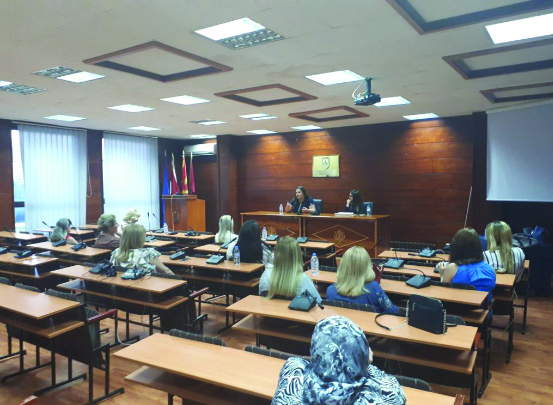
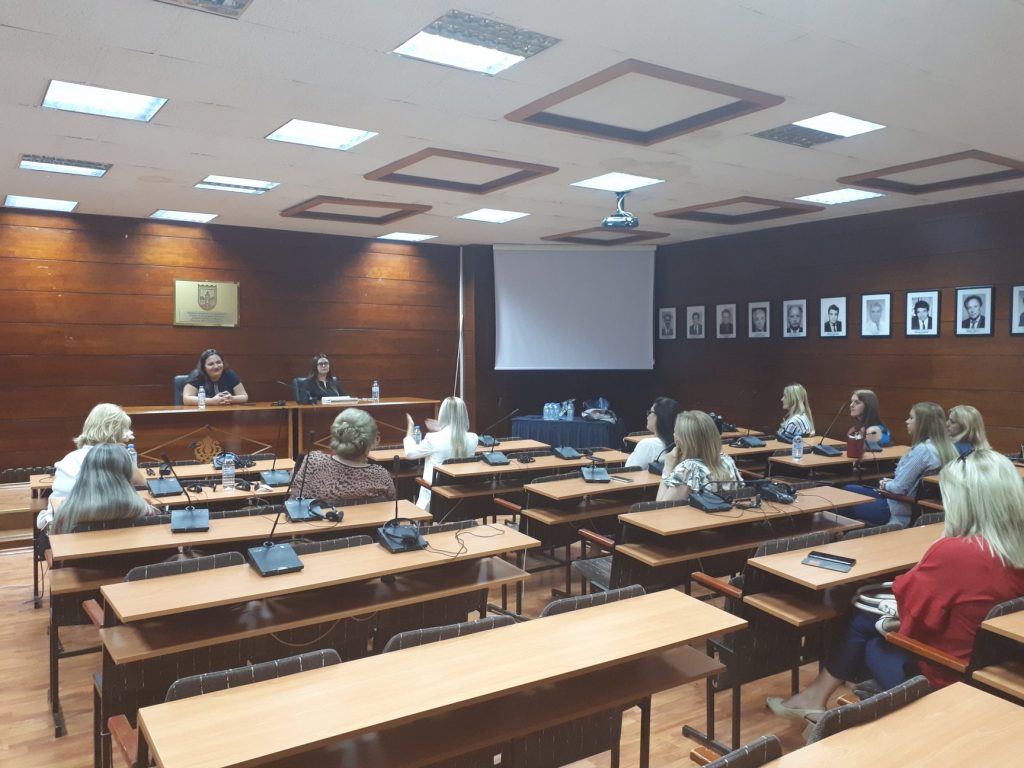
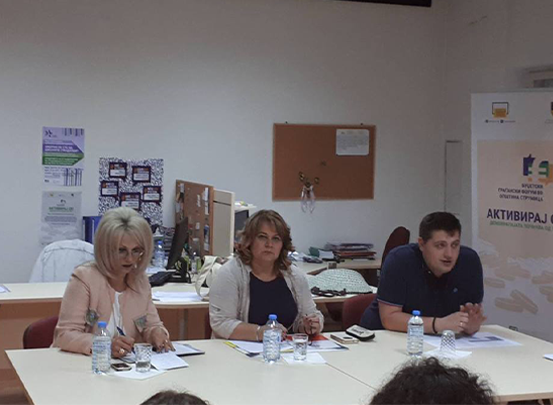
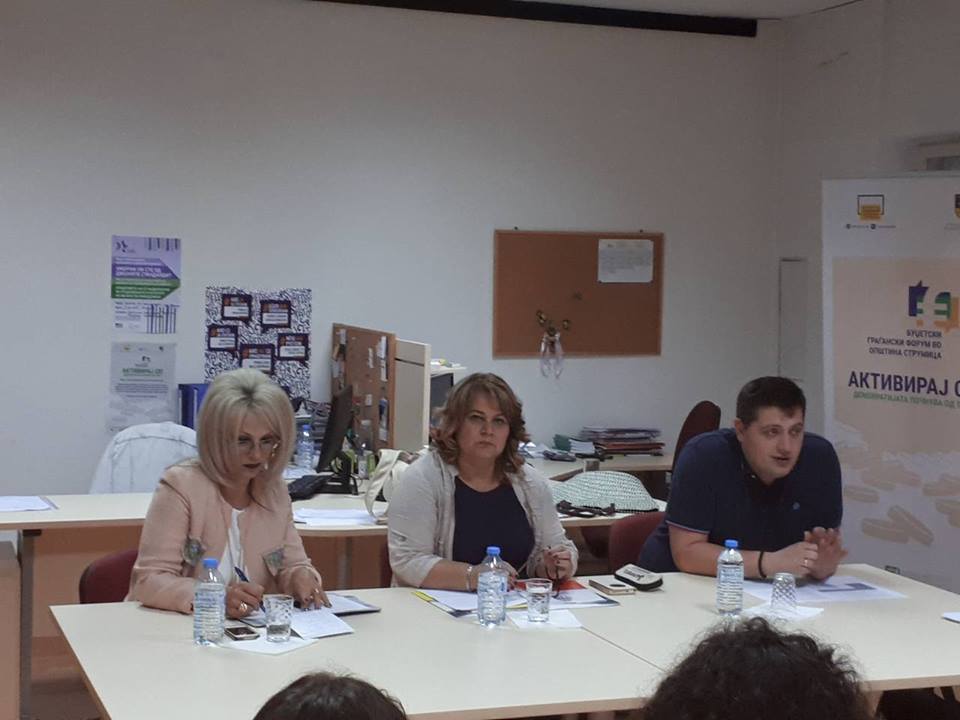
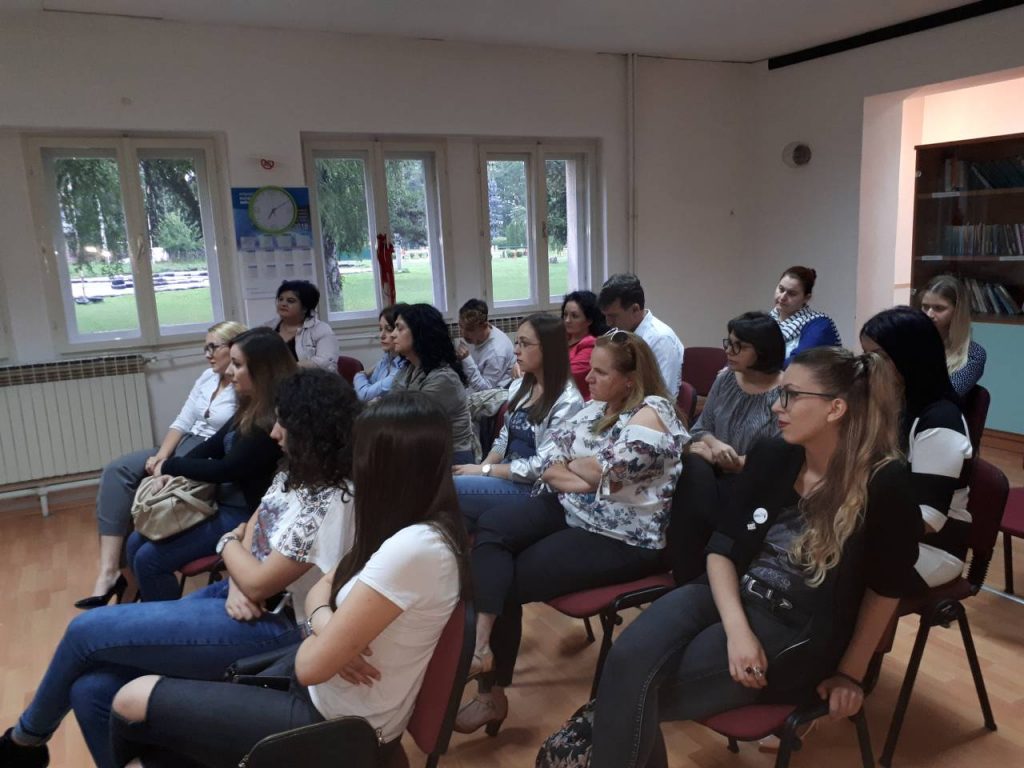
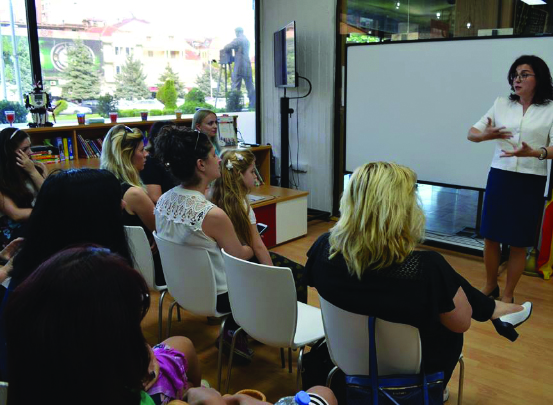


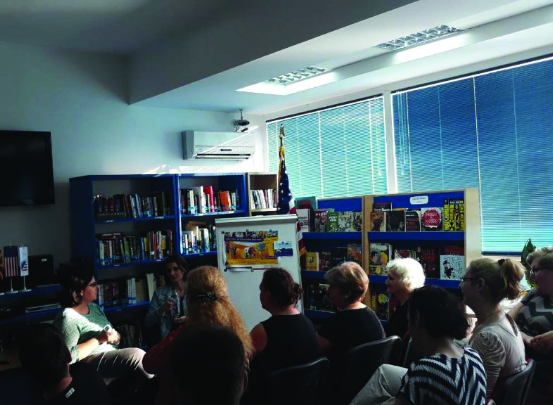


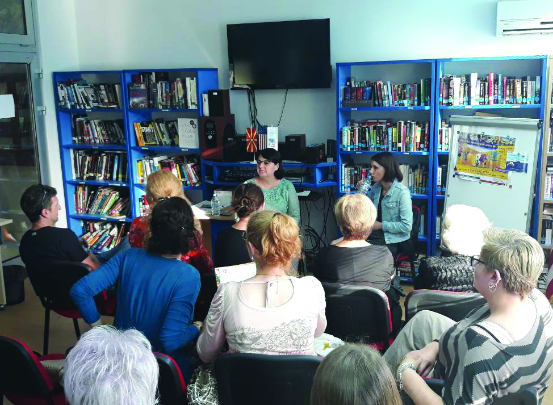
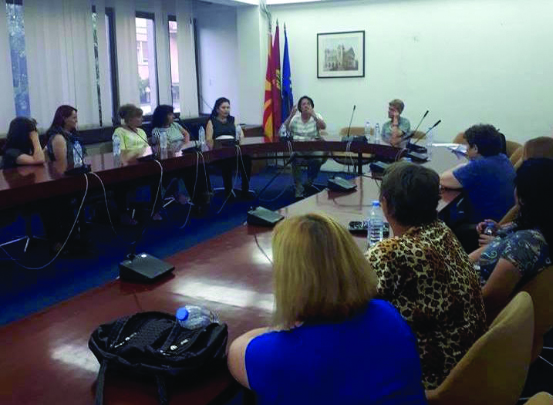
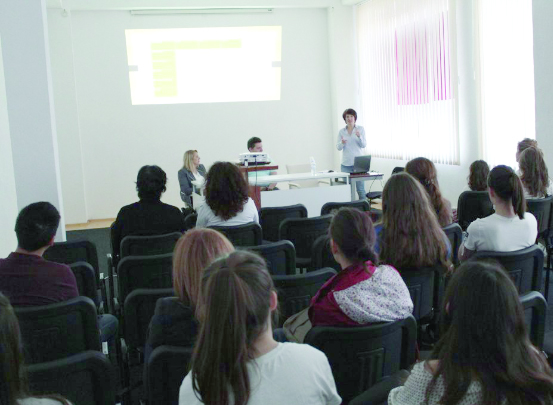

Recent Comments